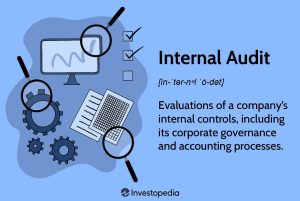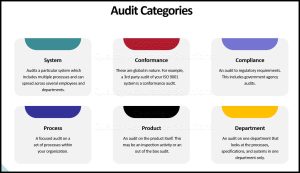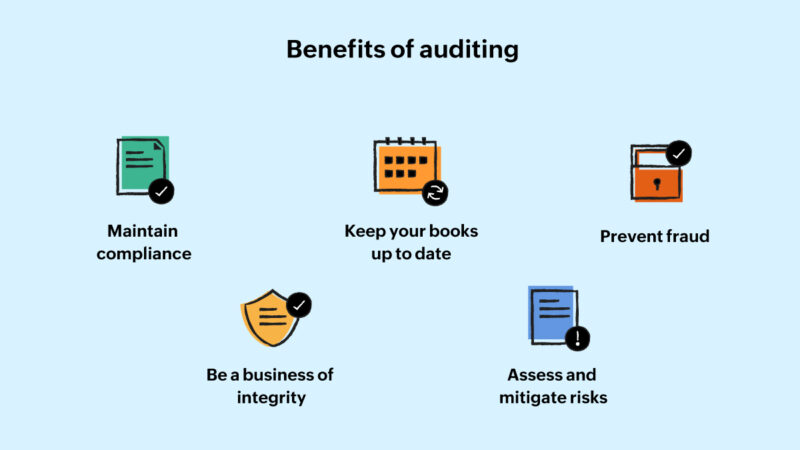What Things are Required for Audit?
Introduction
An audit is a systematic examination of financial records, compliance processes, and operational procedures to ensure accuracy, reliability, and regulatory compliance. Whether conducted internally or by external auditors, audits play a crucial role in maintaining transparency and accountability in organizations. To conduct a thorough audit, certain requirements must be fulfilled.
Essential Audit Requirements
1. Documentation
Documentation serves as the foundation of any audit process. It includes financial statements, transaction records, contracts, policies, and procedures. Proper documentation provides auditors with the necessary information to assess the organization’s financial health and compliance with regulations.

2. Qualified Auditors
Qualified auditors possess the expertise and experience to effectively evaluate financial data and internal controls. Whether internal or external, auditors must have relevant certifications and adhere to professional standards and ethical guidelines.
3. Internal Controls
Internal controls are policies and procedures implemented by organizations to safeguard assets, ensure data integrity, and prevent fraud. Auditors assess the effectiveness of internal controls to identify weaknesses and recommend improvements.
4. Independence
Independence is crucial for auditors to maintain objectivity and integrity throughout the audit process. External auditors must be free from any conflicts of interest or undue influence that could compromise their impartiality.
5. Audit Trail
An audit trail provides a chronological record of transactions and activities, enabling auditors to trace and verify financial information. Robust audit trails facilitate transparency and accountability, making it easier to identify errors or discrepancies.
6. Compliance with Regulations
Organizations must comply with various regulations and standards applicable to their industry. Auditors assess compliance with legal requirements, industry standards, and internal policies to ensure adherence to relevant laws and regulations

Conclusion
Conducting an audit requires careful planning, adherence to regulations, and collaboration between auditors and stakeholders. By fulfilling essential audit requirements such as documentation, qualified auditors, internal controls, independence, audit trails, and compliance with regulations, organizations can ensure the integrity and accuracy of their financial reporting and operational processes. https://smsfauditshop.com.au/


